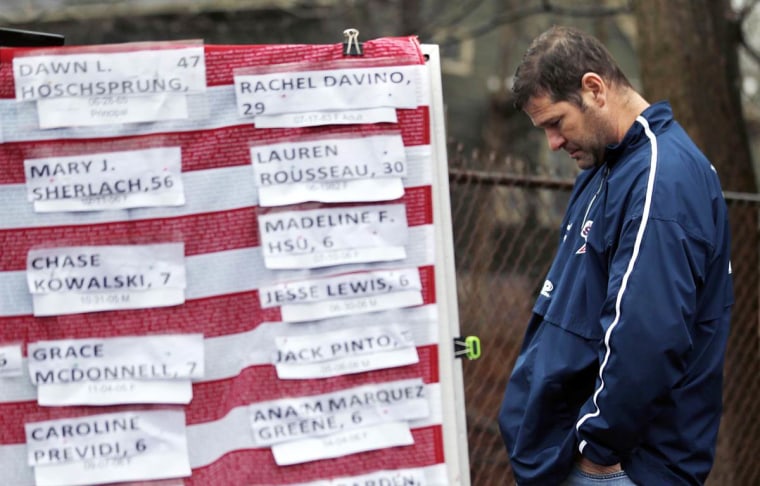One of the refrains you hear from the ignoramuses who value the Second Amendment, literally, over life itself is “well, such-and-such place”–Connecticut, say–“has tough gun laws, but that didn’t stop the tragedy there."
Each individual part of that sentence is true; put together, the sentence is false.
Connecticut does have tough gun laws. Not the toughest ("tough" being a relative term), but its leadership certainly won’t be winning any NRA rewards. The problem isn’t the laws in those states, but the ones in other states.
The easiest way to explain is to look at this chart provided by the ATF.
In 2011, about a third of the guns the ATF could trace were purchased some place other than Connecticut. Now, I said “the guns the ATF could trace” because, more disturbingly, they couldn’t trace almost half the guns found in Connecticut.
Two years ago, Mayors Against Gun Violence said 10 states--Mississippi, West Virginia, Kentucky, Alaska, Alabama, South Carolina, Virginia, Indiana, Nevada and Georgia--are responsible for about half of the guns that crossed state lines before being recovered in crimes.
These ten states also are the source of a greater proportion of guns that were recovered in crimes less than two years after their initial purchase--a measure known as the gun's "time-to-crime." According to the ATF, a time-to-crime of less than two years is a strong indicator the gun was illegally trafficked.
And the “time-to-crime” stat is important. The ATF says that the national time-to-crime is just over 11 years. That means, on average, 11 years lapses from the time the weapon originally is purchased to when it was recovered at a crime scene.
So even if every state banned every gun out there--and I’m not advocating that--but even if that happened today, we’d still be hearing about victims of gun violence for a very long time.
Critics will point out that this particular gun discussion has nothing to do with the tragedy in Newtown, CT., where the weapons were all legally purchased by a resident of that state.
Agreed. But it would be a failure if this gun talk we're about to have were solely focused on mass killings and not the kind that don't merit the same high profile: The 33 people who are murdered every day, on average, due to gun violence.
